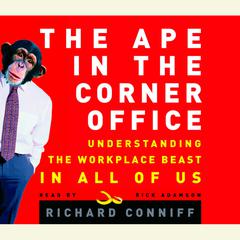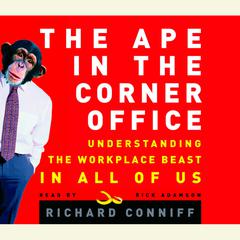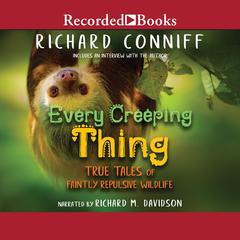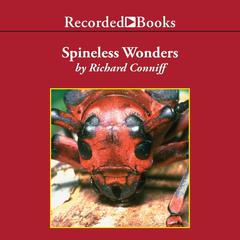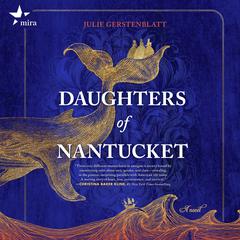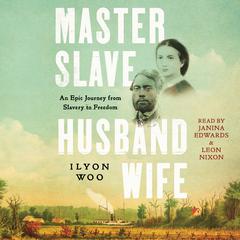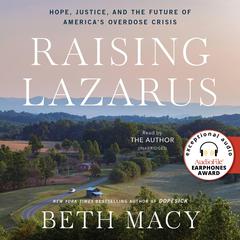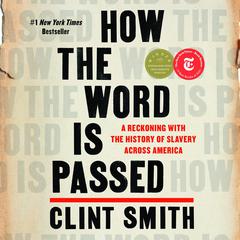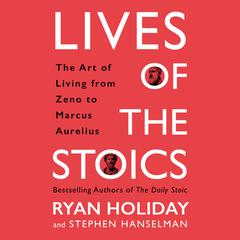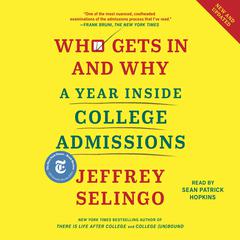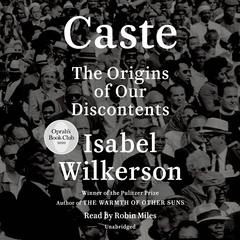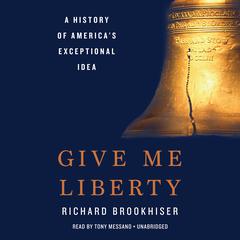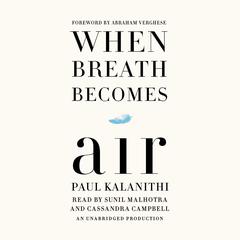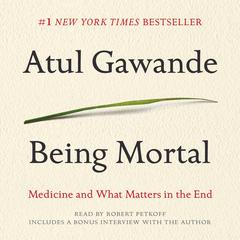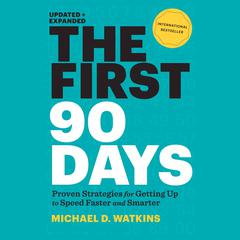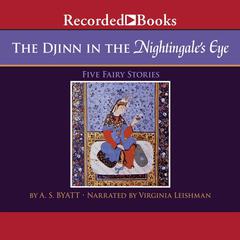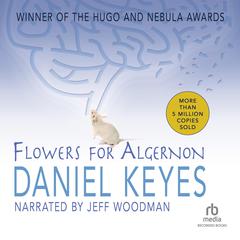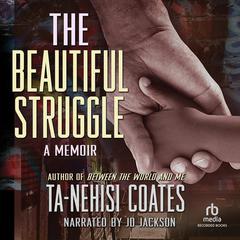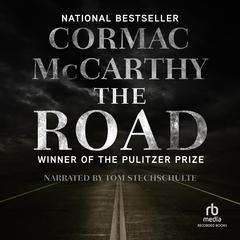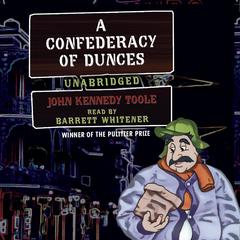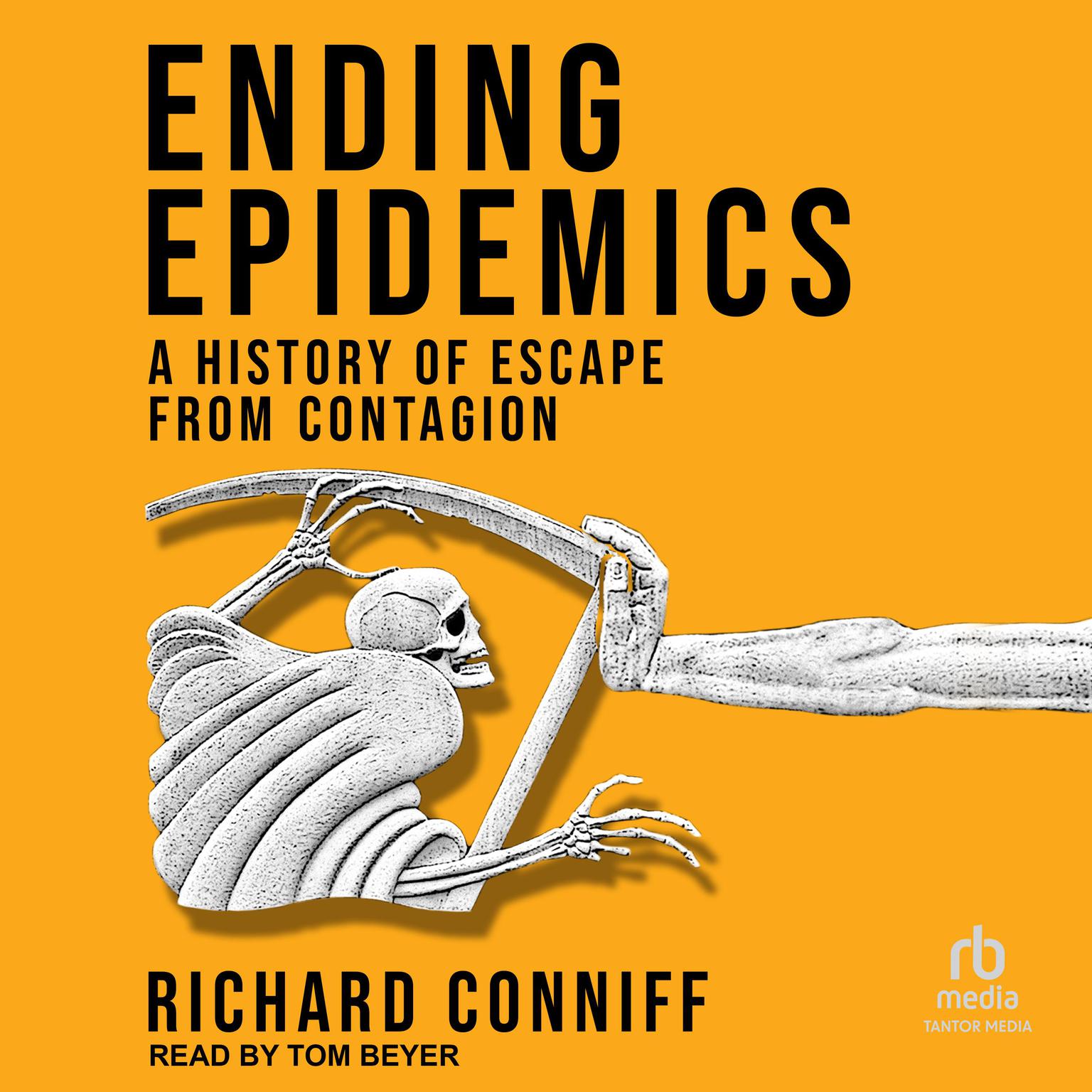 Play Audiobook Sample
Play Audiobook Sample
Ending Epidemics: A History of Escape from Contagion Audiobook
 Play Audiobook Sample
Play Audiobook Sample
Quick Stats About this Audiobook
Total Audiobook Chapters:
Longest Chapter Length:
Shortest Chapter Length:
Average Chapter Length:
Audiobooks by this Author:
Publisher Description
After the unprecedented events of the COVID-19 pandemic, it may be hard to imagine a time not so long ago when deadly diseases were a routine part of life. It is harder still to fathom that the best medical thinking at that time blamed these diseases on noxious miasmas, bodily humors, and divine dyspepsia. This all began to change on a day in April 1676, when a little-known Dutch merchant described bacteria for the first time. Beginning on that day in Delft and ending on the day in 1978 when the smallpox virus claimed its last known victim, Ending Epidemics explains how we came to understand and prevent many of our worst infectious diseases—and double average life expectancy.
Ending Epidemics tells the story behind "the mortality revolution," the dramatic transformation not just in our longevity, but in the character of childhood, family life, and human society. Stars of medical science feature in this drama, but lesser-known figures also play a critical role. And while the history of germ theory is central to this story, Ending Epidemics also describes the importance of everything from sanitation improvements and the discovery of antibiotics to the development of the microscope and the syringe—technologies we now take for granted.
Download and start listening now!
Ending Epidemics Listener Reviews
Be the first to write a review about this audiobook!
About Richard Conniff
Richard Conniff writes about behavior on two, four, six, and eight legs. He has collected tarantulas in the Peruvian Amazon, tracked leopards with !Kung San hunters in the Namibian desert, climbed the Mountains of the Moon in western Uganda, and trekked through the Himalayas of Bhutan in pursuit of tigers and the mythical migur.
Conniff has been a frequent commentator on NPR and recently served as a guest columnist for The New York Times online. He has written and presented television shows for National Geographic, TBS, Animal Planet, the BBC, and Channel Four in the UK. His television work has been nominated for an Emmy Award for distinguished achievement in writing, and he won the 1998 Wildscreen Prize for Best Natural History Television Script for the BBC show Between Pacific Tides.




